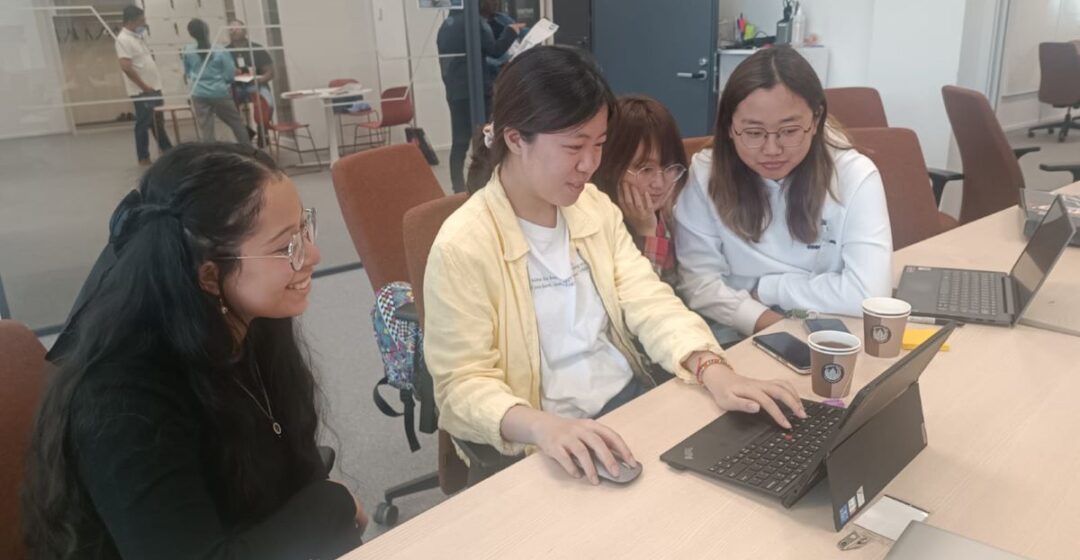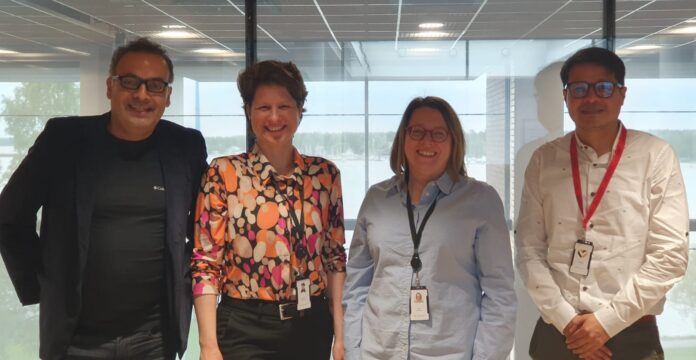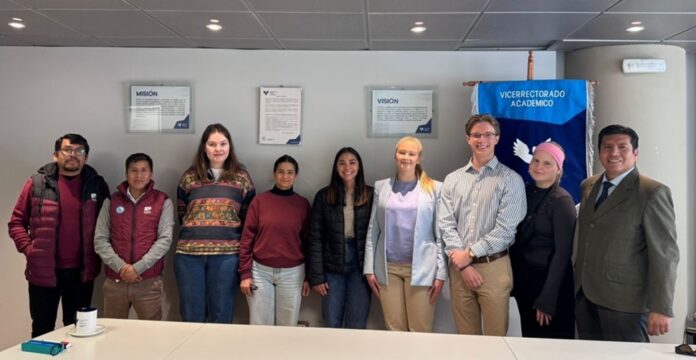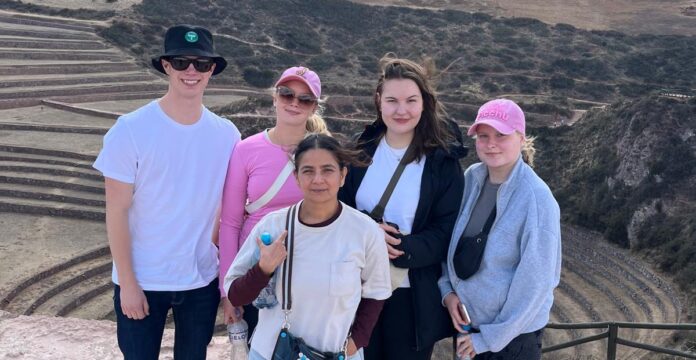Written by Fiorella Cisneros, Student at the PUCP, Peru, who visited the University of Vaasa summer 2024 for a short study abroad trip funded by the TFK2023
During my recent study visit to Finland, I had the opportunity to immerse myself in various activities that allowed me to learn firsthand how sustainable practices are integrated into the companies, culture and daily life of this Nordic country. This experience left me with valuable learnings about sustainability and allowed me to reflect on the differences and similarities between Finland and Peru in terms of how their societies and companies operate. Here I share my most memorable learnings and experiences.
Sustainability in Finland
One of the most relevant aspects I discovered during this trip is the way Finnish companies approach international sustainability and overseas expansion. Finland is known for its commitment to sustainability, and this is reflected in the way its companies operate both locally and internationally. Mirka, for example, showed us how they integrate sustainable practices into their production and, although they face challenges with waste management, their focus on innovation and efficiency reflects a long-term mindset.
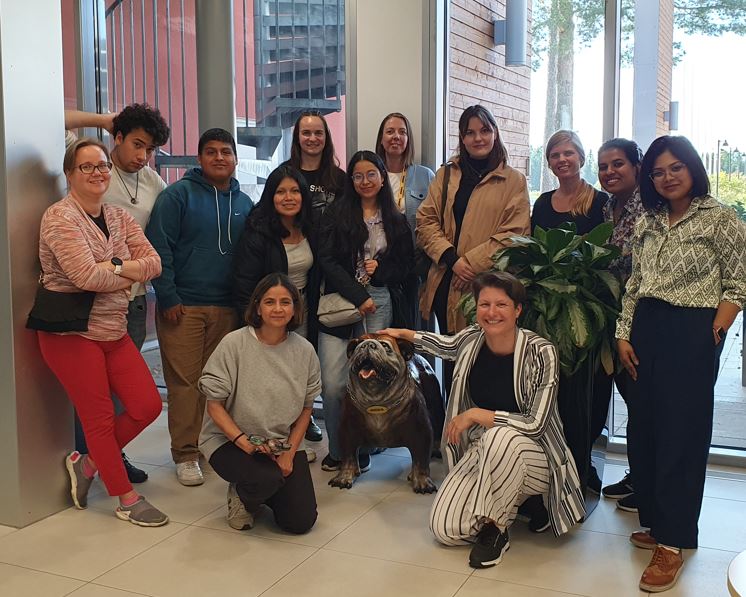
We also explored thrift stores and Finnish brands like Marimekko, which promote sustainable fashion. This focus on durability and quality got me thinking about fast fashion and the impact it has on our planet.
Finnish companies seem to understand that international expansion means not only economic growth, but also the opportunity to share sustainable practices with other cultures. This vision is critical for success in international markets, where sustainability is becoming increasingly important. By applying these principles consistently, Finnish companies can differentiate themselves and have a positive impact in the countries where they operate.
This Finnish approach to international sustainability made me reflect on the opportunities that exist for Peruvian companies looking to expand abroad. In an increasingly environmentally conscious world, incorporating sustainable practices is not only an ethical responsibility but also a competitive advantage. In my opinion, companies that successfully integrate sustainability into their business model will be more successful in international markets, where consumers and business partners increasingly value this commitment
Comparing Cultures: Finland and Peru
Throughout my stay, I could not help but compare Finnish and Peruvian culture and society. Although both countries value sustainability, the differences in the implementation of these practices are notable. In Finland, sustainability is integrated into daily life, from the use of bicycles as a means of transportation to the way bottles are recycled, where each one has a monetary value that encourages people to recycle. In Peru, although we are making progress in sustainability issues, we are still far from this level of integration in daily life. This is mainly due to the fact that there are even more serious problems occurring in the country, which have been given greater relevance.
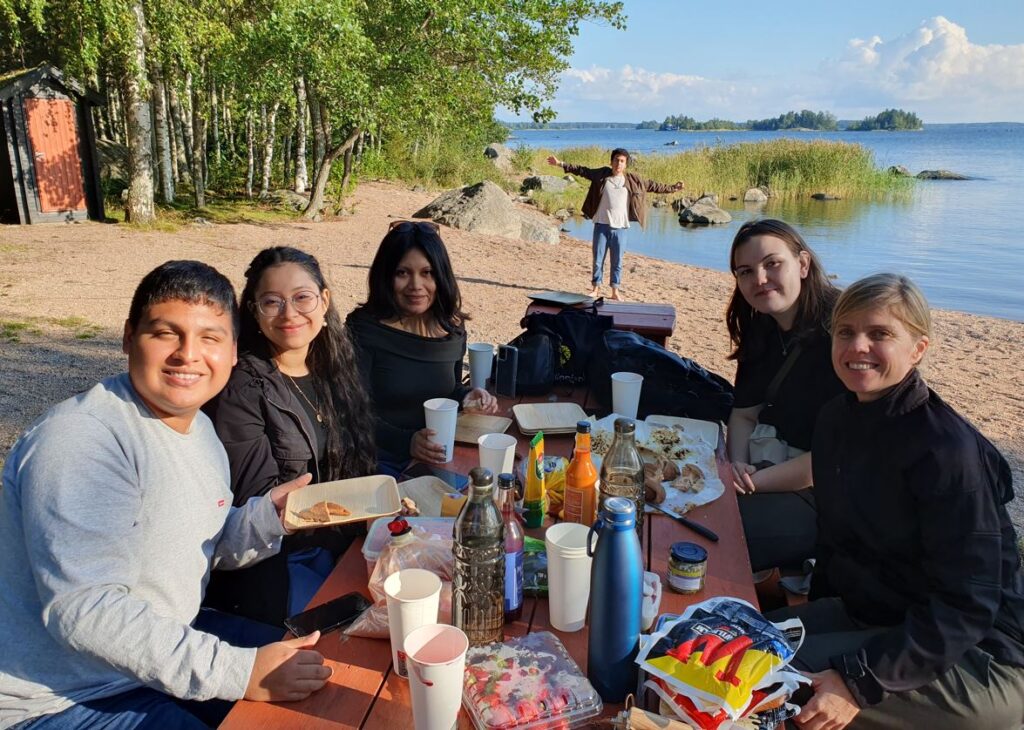
These cultural differences are also reflected in business. In Finland, sustainability is not just a buzzword, but an essential part of business operations. In Peru, many companies still see sustainability as an additional cost rather than a long-term investment. However, I believe this difference also presents an opportunity. By working together, Finnish and Peruvian companies can learn from each other, combining Finland’s sustainability expertise with Peru’s creativity and entrepreneurial approach. This can open doors to new ways of doing sustainable business internationally.
Education in the University of Vaasa
The University of Vaasa was one of the highlights of my trip. The course “Ideation and Venture Creation” was an experience that left me with great learnings, not only about entrepreneurship, but about how it can be taught more effectively. The teaching methodology was highly interactive and practical, with a focus on real-world problem solving. The professors would bring in industry experts to share their experiences to relate to the theory, which made the learning more relevant and applicable.
I would recommend the University of Vaasa to other Peruvian students, especially those from PUCP, because it offers a different educational approach, focused on innovation and teamwork. In addition, the multicultural environment at Vaasa enriches the learning experience, allowing you to share ideas with people from all over the world and understand global issues from different perspectives.
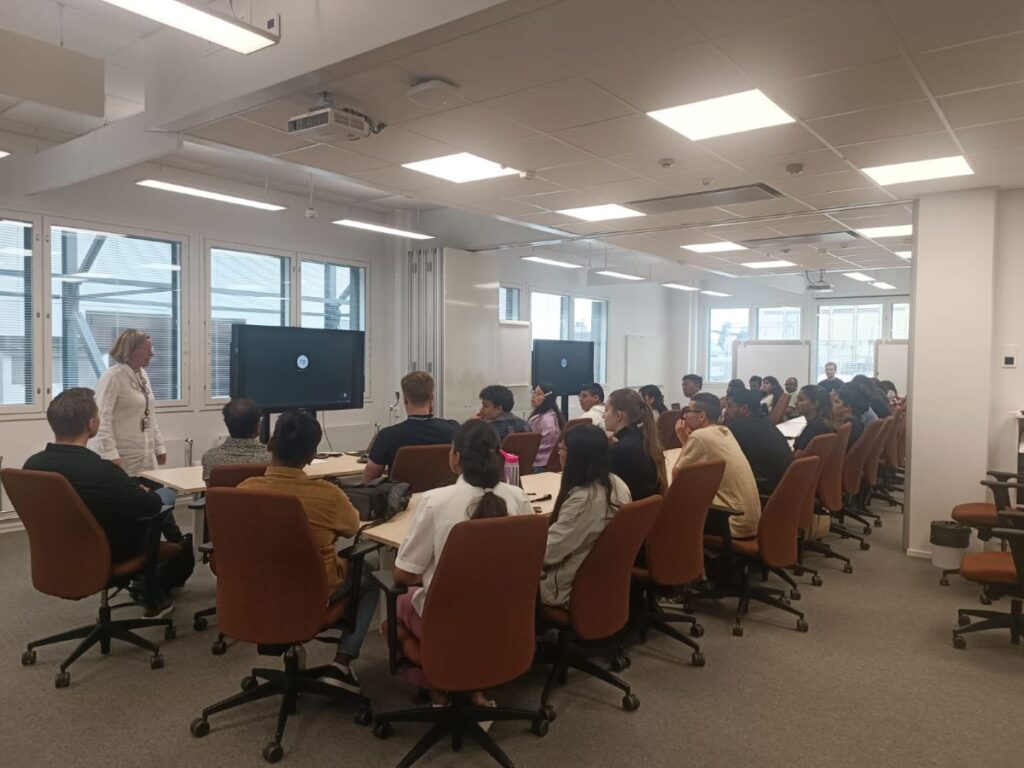
Memorable Moments and Personal Growth
One of the most memorable moments of the trip was the visit to the Nolla restaurant in Helsinki, a place that exemplifies what it means to have a zero waste policy. From how they manage their inputs to how they reuse waste, every detail was thought out to reduce environmental impact. For example, the dish shown in the photo is made from fish bones and they also mentioned that they collaborate with their suppliers to reduce packaging waste. This restaurant redefines what it means to be sustainable in gastronomy. This experience made me reflect on how we could apply this approach to Peruvian gastronomy, known worldwide for its innovation and creativity. Perhaps this business model could be replicated in Peru and become as successful as Nolla.
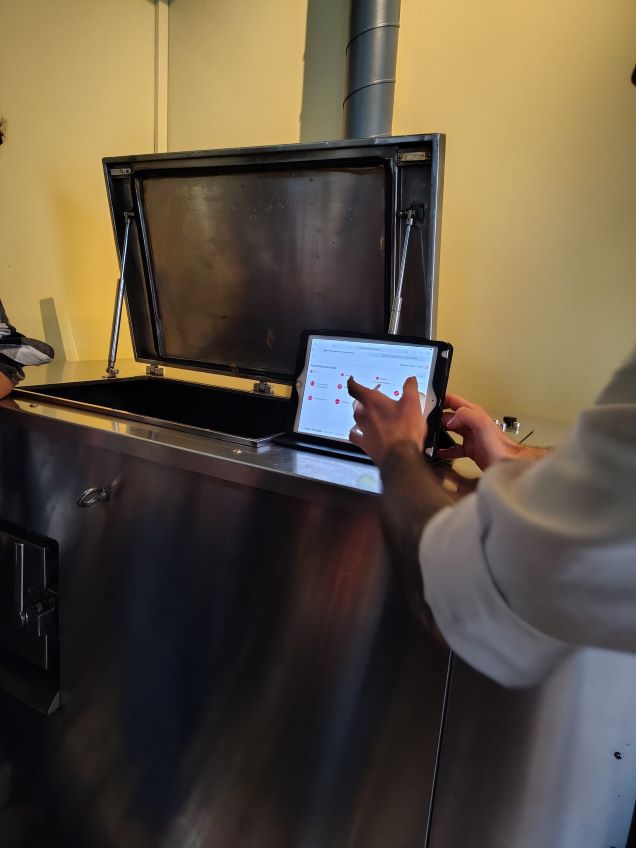
This trip not only enriched me professionally, but also on a personal level. It opened my eyes to new ways of thinking about sustainability and inspired me to look for ways to apply what I learned in Peru. This trip was, without a doubt, a transformative experience that gave me the tools and knowledge I needed to contribute to a more sustainable future, both in my country and internationally.
Acknowledgement
This visit was part of a collaborative project “Education for sustainable internationalisation of a firm (ESGinMNC)” uniting PUCP and University of Vaasa. The project was funded by by the Finnish National Agency of Education, TFK 2023. This project has been coordinated by Aušrinė Šilenskytė, Program manager and researcher at the University of Vaasa, Finland.
